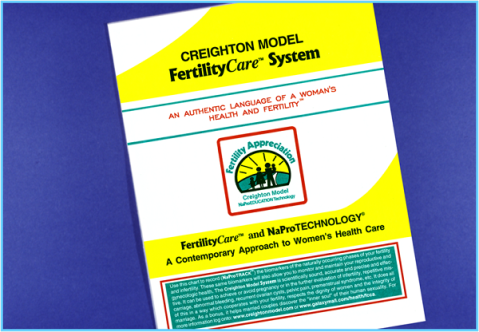I am anti-abortion. I am also pro-life.
So when I hear politicians, super PACs, and activists say things like “women need access to abortion” or see blog posts like “10 Reasons to Have an Abortion – Illustrated by Adorable Cats,” I get sick to my stomach worrying about the value we place on healthy, happy, well-informed women.
The groups sharing those opinions often fight against informed consent laws that are designed to teach women in a vulnerable, emotional position the science behind their pregnancy. (A 14-year-old girl who’s frightened out of her wits—and uneducated on both pregnancy and the procedure of abortion—shouldn’t be denied a guaranteed opportunity to learn more about them before she decides to abort. Still, in many states, she is. If that’s not backing young women into a corner, I don’t know what is.)
Similar groups also fight against notification laws that are designed not just to protect young women from rash decisions and protect parents from losing influence over their children’s lives, but also to protect victims of rape and incest from continued abuse. They say they want abortion to be “safe, legal, and rare,” but they virtually never support initiatives that would make that last one true—and, in fact, they fight actively against those efforts. More than 3,000 abortions take place every day in the United States alone. The number of abortions that have occurred in America since 1973 exceeds the number of U.S. military deaths in every war we’ve ever fought combined. There’s nothing rare about that.
The most outrageous among them claim that pregnancy is an “unnatural” or “unhealthy” state, which is a direct insult to the biology of the feminine genius. To suggest that our anatomy makes us “unnatural” or “unhealthy” is the most perversely anti-feminist thing I’ve ever heard.
The fight for abortion uses the same shaming I’ve mentioned before: it forces women to feel their ability to open themselves to the physical intervention of scalpels, suction, and chemicals is what will protect their health and independence, and help them avoid social judgment. It makes pregnancy shameful and pushes women to make them fit society’s opinions of who and what and how they should be. The argument that “women need access to abortion” seeks to force women’s opinions with perceived normalcy and education. It pretends to be the smarter, more forward-thinking majority. It says: “Trust us when we say you need a reactive way to ‘solve’ your problem—and it is your problem, since you’re the one who’s pregnant. We’re here to tell you what’s best for you now that you’ve gotten here, because you can’t be responsible for proactive options, and you shouldn’t have to think of anyone but yourself. It’s not selfishness; it’s independence.”
I won’t even get into how much this hurts the men involved, who have played an equal role in starting a pregnancy—with total consent from both sides, the vast majority of the time—and yet have no weight in the argument over whether that pregnancy can continue. Removing fathers from the equation hurts women, too. It puts those women into a very lonely place, wherein one of the most impactful decisions of their lives must be made alone because society tells each of them that the man’s opinion doesn’t matter, and this must be her choice and hers alone. That makes it her ‘problem’ to solve, as if she’s solely responsible for both its creation and “cleanup.” It is isolating, terrifying, and unfair for her to endure that struggle on her own.
Those are the insults to womanhood that make me feel like a feminist. Those are the claims that devalue me as a female member of society, fully capable of understanding my body, controlling my impulses, and sharing my life.
We should be teaching each other to understand the way our bodies work. We should be encouraging each other to make the safest, healthiest decisions to protect our wellness and accomplish our goals. When unplanned circumstances come our way—even when they’re by our own actions—we should be supporting each other the whole way through, not shaming each other for the decisions that have gotten us there.
The vast majority of the time, women seeking abortions are healthfully pregnant by their own—and the father’s—shared choices. We are too smart to be telling each other that’s not the case. We all know that sex is a procreative act. We all know that birth control fails. So to say, “I consented to sex, but I didn’t consent to pregnancy” is a fallacy and an example of profound ignorance. And we are too smart to tell each other that abortion doesn’t end a life, or that its graphic violence is ever our best or only option.
We are all called to love and respect one another and ourselves. So why can’t we do a better job of helping each other do just that? Pro-lifers should support mothers and babies, as the sincere ones do, both before and after a decision is made. Even if a tragedy occurs, we should be there to hope for and help support healing. And advocates for abortion should welcome conversation, equal education, and support into the equation before a decision is made.
Women need each other as much as they need the men in their lives and as much as those men need women. We are social beings and should not isolate ourselves or each other. That’s not how we were made to be. Instead of subjecting ourselves to shame, objectification, violence, and ignorance, we should stand hand-in-hand in our toughest moments. Those are the moments of history that people remember, and that inspire us to be better. We must make a decision to support our most frightened, most vulnerable, and most unprotected—whatever that looks like.




